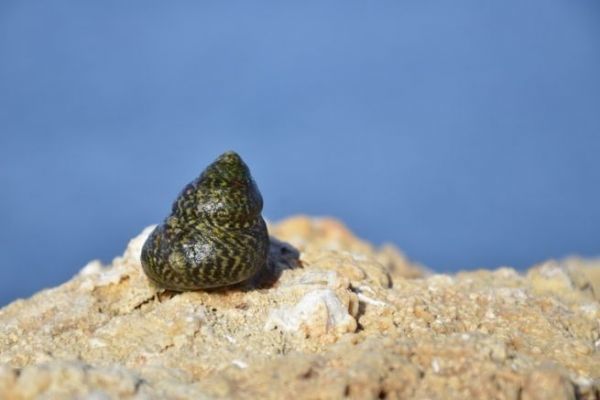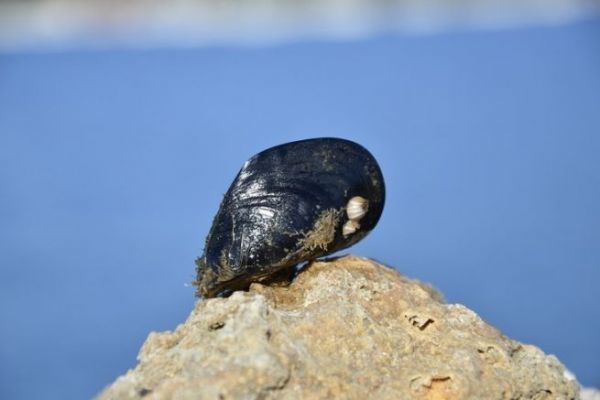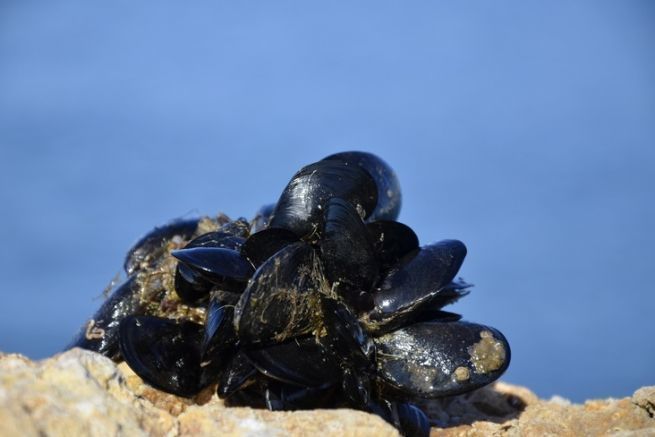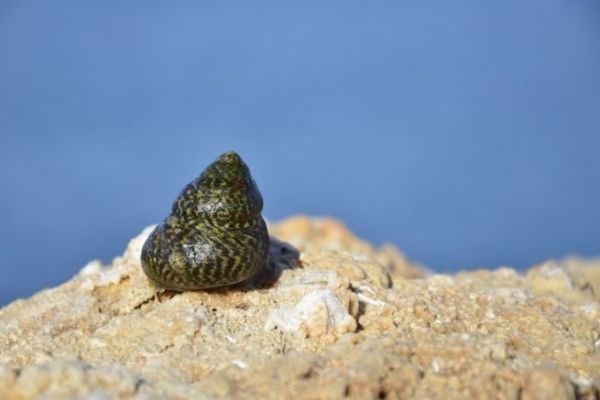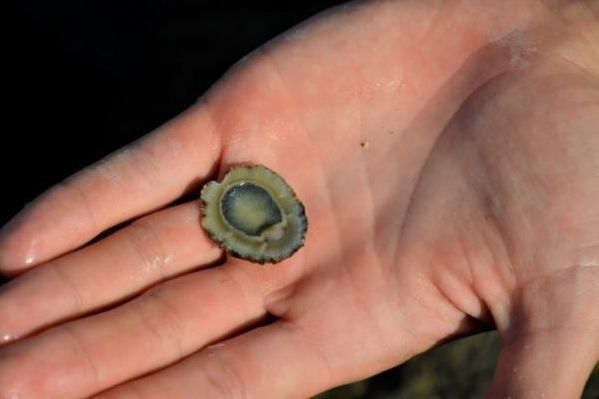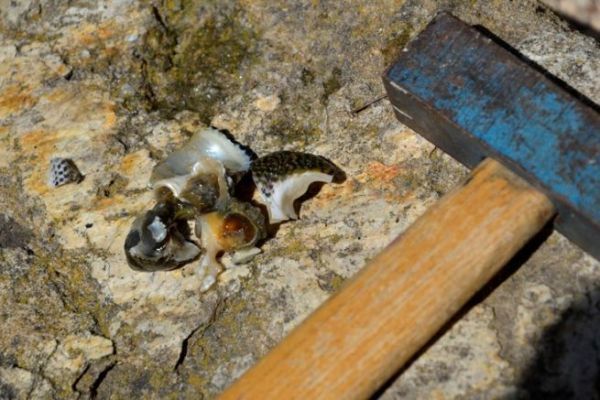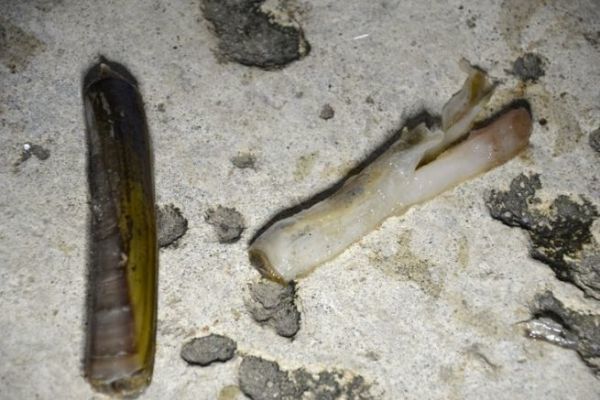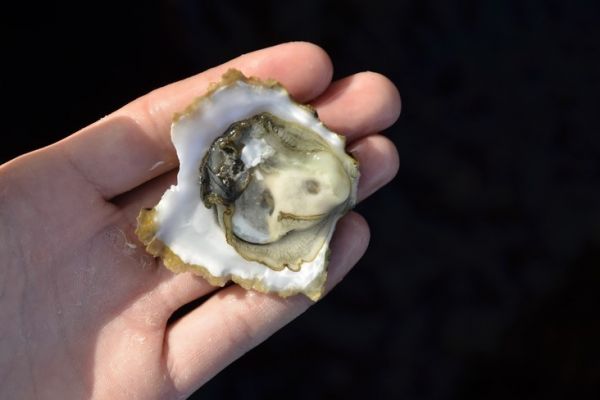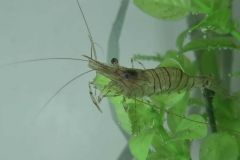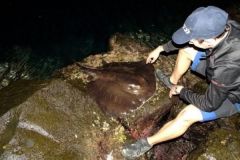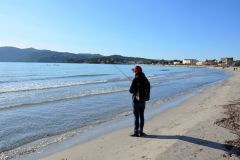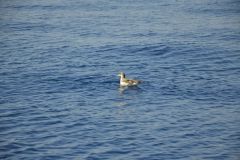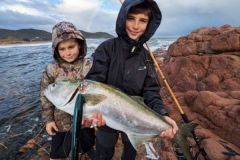Presentation of the periwinkle
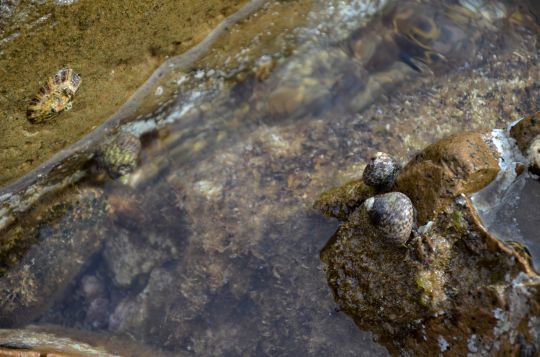
Vignot, black brelin or littorine, there are different names and varieties of periwinkle. Easily recognizable, they have a shell of conical form in spirals which ends in a point. The gastropod has two tentacles. The periwinkles have rather dark colors, from dark green to gray, through black. The maximum size rarely exceeds 30 mm.
An easy harvest
These herbivorous shells that graze on the rocks of the medio-littoral zone, are easily collected by hand. It is enough to remove them from the rocks, an operation which is carried out without any difficulty. It is preferable to choose the big subjects, easier to break and to put on a hook. It is also possible to buy them at your fishmonger's.
Winkles can be kept for a long time in sea water, which should be renewed regularly. If you want to keep them for several days, you can put them in a container with moistened seaweed in the refrigerator.
Fishing techniques with a winkle as bait
Periwinkles are not always the first choice of baits because they give off little scent and their chain is quite tough. However, they are very good emergency baits that can be used in fishing with a jig, with support or even in surfcasting.
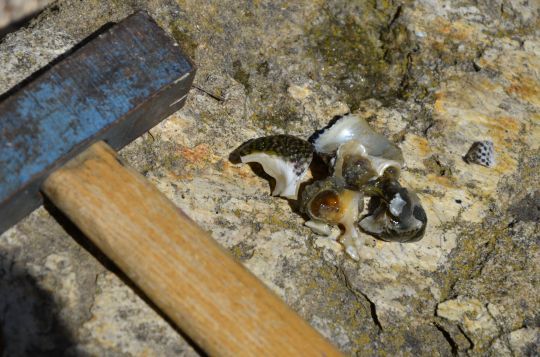
In order to use the periwinkle, you have to break its thick shell with a stone or a small hammer. Once the animal is extracted, you just have to prick the hook in the foot of the snail, which is the most tenacious part on a hook.
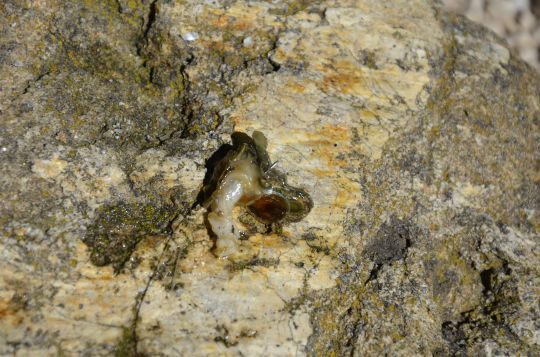
One or more periwinkles can be placed on a hook to catch sarrans, winkles or other rock fish and sparids. You can use a lobster needle for a neat presentation.
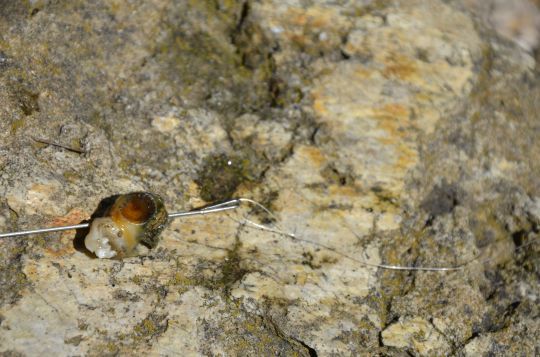
The use of periwinkles as bait should be done mainly on or near rocky areas.

 /
/ 